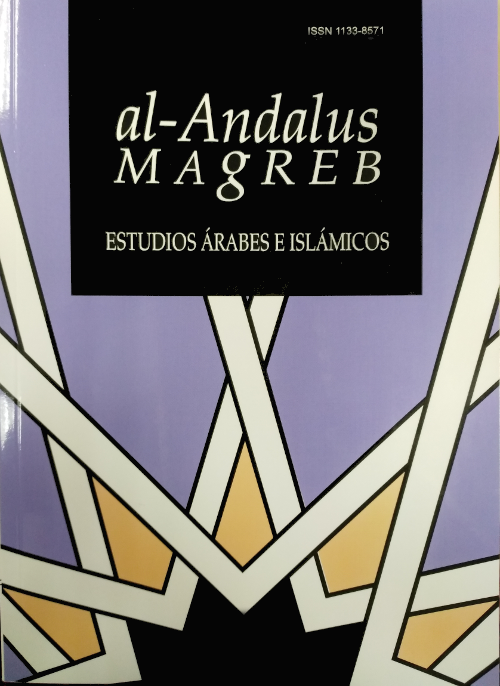Tanāṣṣ al-ḥaky fī riwāyat al-ḫīmiyāˀī aw Bāwlū Kwīlū sāriq ḥulm al-ˁarab [“The Intertextuality in the novel The Alchemist or Paulo Coelho the thief of Arab’s dream”]

Info
Abstract
“The Intertextuality in the novel The Alchemist or Paulo Coelho the thief of “Arab’s dream”. The present work deals, in its first part, with the concepts of textuality and intertextuality within the old Arabic and Western literary discourse, trying to highlight the fact that every text reflects, consciously or unconsciously, of a number of previous texts from different backgrounds. In the second part, the paper provides a textual study and analysis of the novel The Alchemist, with special attention to textual interaction between this novel and some Arab narrative traditions, as reflected in the core of the story and its symbols. We suggest that Paulo Coelho used the Arabic narrative tradition of books such as kutub al-asmār wa-l-muḥaḍarāt as a framework for his novel, with no indication of it, since there is a clear overlap between the Arabic stories voice and the Coelho’s novel voice, which means that intertextuality here is based on the principle of negation of the other voice, not the recognition of the plurality of voices.
Keywords
Downloads
How to Cite
License

This work is licensed under a Creative Commons Attribution-NonCommercial-NoDerivatives 4.0 International License.
Those authors who have publications with this journal, accept the following terms:
a. Authors may retain their copyright and guarantee the journal the right of first publication of their work, which will be simultaneously subject to Licencia de reconocimiento de Creative Commons that allows third parties to share the work as long as its author is indicated. and its first publication this journal.
b. Authors may adopt other non-exclusive license agreements for the distribution of the version of the published work (eg: deposit it in an institutional electronic file) provided that the initial publication in this journal is indicated.
c. Authors are allowed and recommended to disseminate their work through the Internet (eg: in institutional telematic files or on their website) once the manuscript is accepted, which can lead to interesting exchanges and increase citations of the published work. (See El efecto del acceso abierto).
References
Roland BARTHES, S/Z, Éditions du Seuil, 1970.
El Mostafa CHADLI, Les sémiotiques textuelles, édition Zaouïa, 2008
El Mostafa CHADLI, éditeur: Sémiotique, vers une nouvelle sémantique du
texte (problématique, enjeux et perspectives théoriques), Faculté des
Lettres et des Sciences Humanes, Rabat,1995.
Paulo COELHO‚ L’alchimiste‚ édition Anne Carrier‚ Paris, 1994.
Gérard GENETTE, Figure III, Éditions du Seuil, 1972.
Gérard GENETTE‚ Palimpsestes: la littérature au second degré, Collection
Poétique, Éditions du Seuil, 1982.
Julia KRISTEVA‚ La révolution du langage poétique‚ Éditions du Seuil‚1974.


